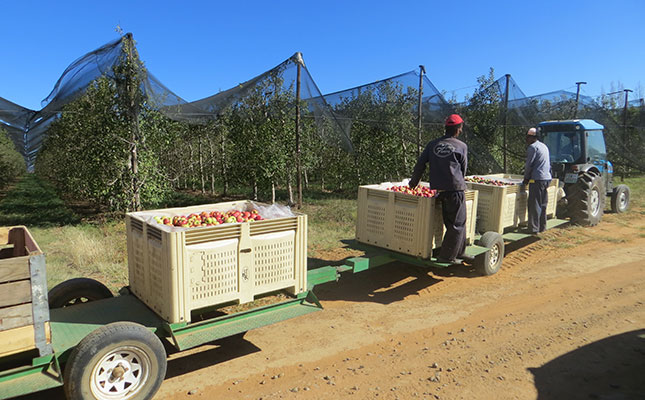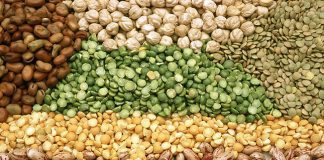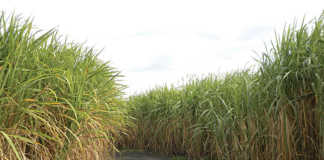
Photo: FW Archive
Small- and medium-sized horticulture farmers, in particular, will be worst affected by the recently announced increase in the national minimum wage, according to Mariette Kotze, Hortgro’s group operations manager.
Employment and Labour Minister Thulas Nxesi announced on Tuesday, 8 March that from 1 March this year, the minimum wage would be increasing 6,9% from R21,69/hour to R23,19/hour.
Speaking to Farmer’s Weekly, Kotze said wages made up about 36% of the average horticulture farmer’s costs.
“When this is taken into consideration, one can understand that [the] increase will have a severe impact on the business.”
Tracy Davids, agricultural market analyst at the Bureau for Food and Agricultural Policy (BFAP), said the effect would vary across industries, depending on the number of farmworkers employed per hectare.
For an industry such as table grapes, labour accounted for about half of direct production costs. As such, the impact of the increase would be significant.
Together with the increases in freight, fertiliser and chemical costs, this would represent a significant additional cost to absorb for the export-orientated fresh fruit industries, she said.
Kotze added that the minimum wage was becoming disincentivising, because farmers would not be able to increase the wages of all employees by 6,9%.
“What about a more skilled agricultural worker? How does a farmer justify increasing seasonal or general labourers’ salaries without adjusting [that of] a specialist?”
Kotze said it would be better to rather use output as a reference point for determining the minimum wage, and reward work that increased a business’s revenue.
Christo van der Rheede, executive director at Agri SA, said in a statement that the organisation appreciated the important balance government had to maintain to ensure that workers were earning a wage that contributed to the alleviation of poverty, reduced wage differentials, and inequality in South Africa.
“With that being said, the increase in the minimum wage [raises] concern about the ability of many farmers to continue operating their businesses profitably and contribute towards employment creation in labour-intensive sub-sectors.
“Reflecting on the sector’s financial resilience, farmers have absorbed extraordinary increases in input costs, ranging from fertilisers and fuel prices, to electricity price hikes, as well as the double-digit increase in the minimum wage in 2021.”
Furthermore, Van der Rheede said one had to remember the dilapidated condition of South Africa’s rural and provincial roads.
“Farmers will struggle to get their crops to the silos, which may have a knock-on effect, such as temporary supply problems and a decrease in quality. Farmers cannot bear the additional cost of repairing these gravel roads.
“It is vital to stress that the alleviation of poverty does not solely rely on the increase in wages, but should be designed in a way to supplement and reinforce other social and employment policies.”
An enabling environment was needed for farms and farming businesses to remain sustainable and profitable, Van der Rheede added.
“If we do not do this, we run the risk of increasing unemployment and food insecurity.”
The alternative was for farmers to reduce labour costs through mechanisation, he warned.
“Mechanisation leads to improvement in processes, productivity, and a reduction in labour-intensity. This may prove devastating in a country with an unprecedented unemployment rate.”












